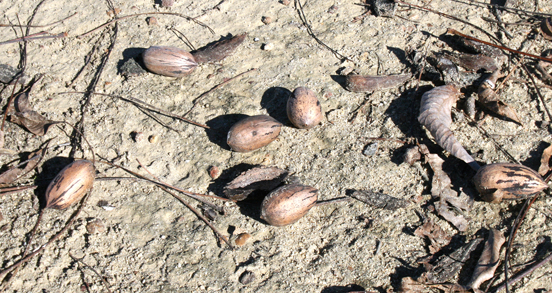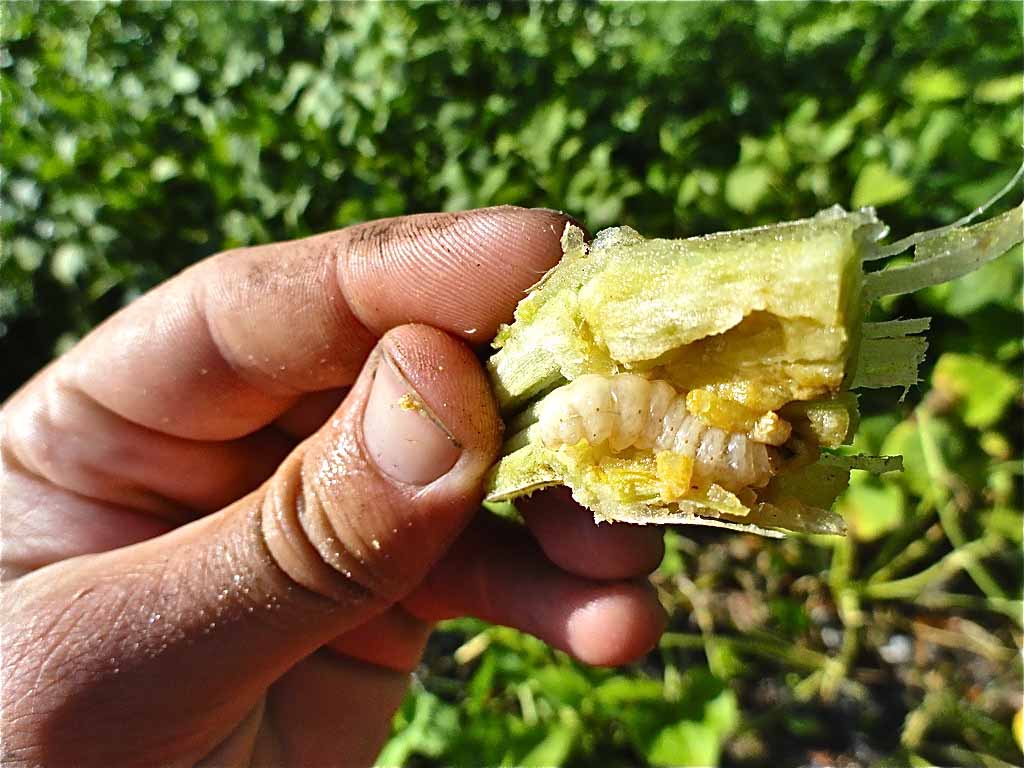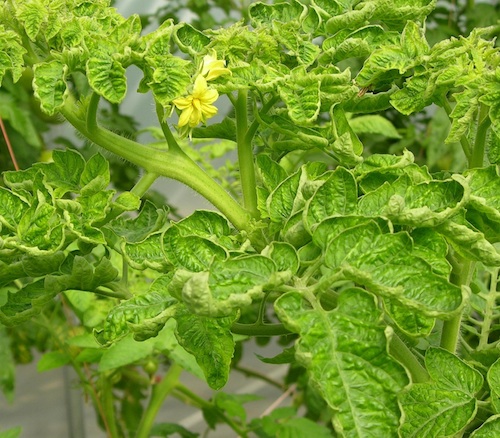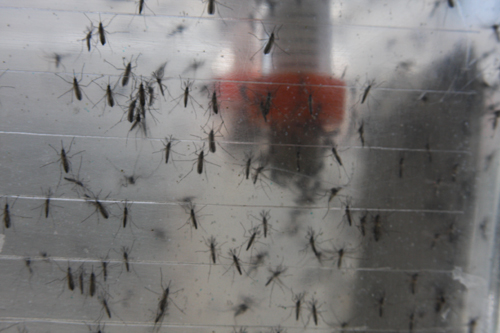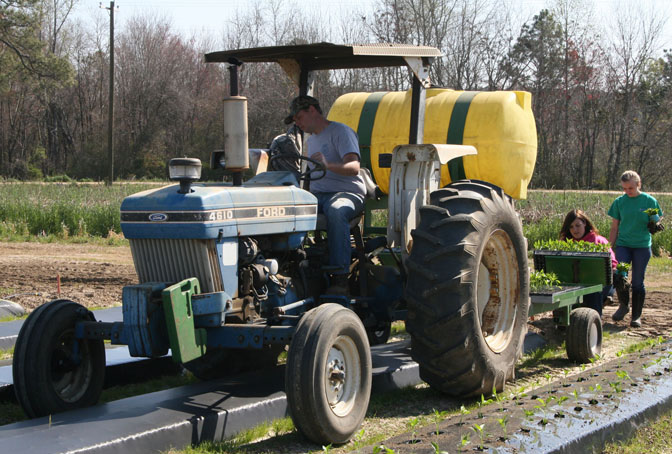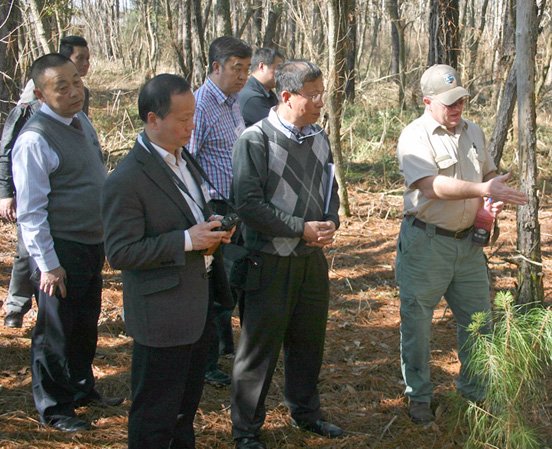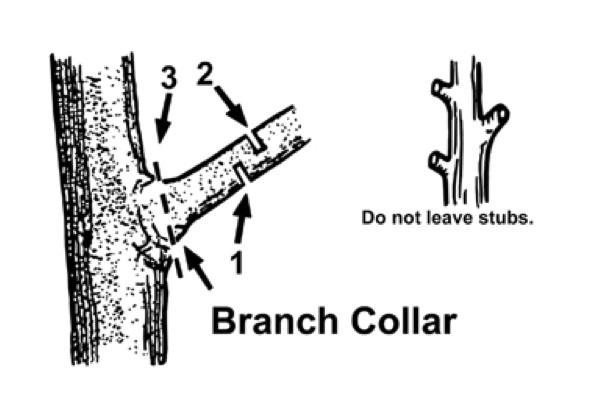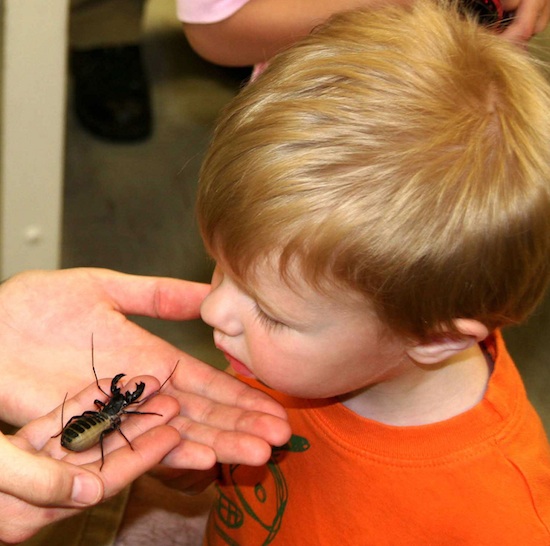 CAES News
CAES News
Insect Zoo
The University of Georgia Bug Dawgs of the UGA Entomology Department will host the 29th Annual Insect Zoo Open House on Friday, April 4 from 10 a.m. to 3 p.m. in front of the Miller Plant Science Building on the campus in Athens.


